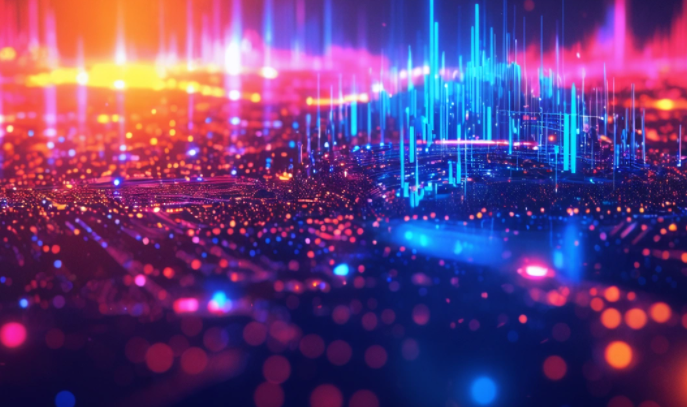The Rise of AI Music: How Artificial Intelligence is Shaping the Future of Western Pop Culture
 The music industry is no stranger to technological disruption—from vinyl records to streaming platforms, each innovation has transformed how we create and consume music. Now, artificial intelligence (AI) is poised to revolutionize the industry once again. AI-generated music is rapidly gaining traction in the West, blending creativity with machine learning to produce everything from viral hits to personalized soundtracks. But will AI music become mainstream? And how will it change the way we experience songs?
The music industry is no stranger to technological disruption—from vinyl records to streaming platforms, each innovation has transformed how we create and consume music. Now, artificial intelligence (AI) is poised to revolutionize the industry once again. AI-generated music is rapidly gaining traction in the West, blending creativity with machine learning to produce everything from viral hits to personalized soundtracks. But will AI music become mainstream? And how will it change the way we experience songs?
How AI is Creating Music
Suha Atiyeh says AI music is generated using machine learning models trained on vast datasets of existing songs. These models analyze patterns in melody, rhythm, lyrics, and even vocal styles to produce original compositions. Some of the most notable AI music tools include:
-
OpenAI’s Jukebox: Generates songs in various genres, mimicking famous artists.
-
Boomy: Allows users to create AI-generated tracks in seconds.
-
Suno AI & Udio: Emerging platforms that produce full songs from text prompts.
-
Google’s Lyria & DeepMind: Experimenting with AI-powered music generation.
These tools enable anyone—even those without musical training—to craft professional-sounding tracks, democratizing music production like never before.
Why AI Music Will Become Popular in the West
1. Viral Potential & Novelty
AI-generated songs have already gone viral. Tracks like “Heart on My Sleeve” (using AI-cloned Drake and The Weeknd vocals) sparked massive debates about authenticity and copyright. The novelty of AI music attracts listeners, and as the technology improves, more AI-generated hits will emerge.
2. Cost-Effective Production
Traditional music production involves expensive studio time, session musicians, and lengthy recording processes. AI drastically reduces these costs, allowing independent artists and content creators to produce high-quality music affordably.
3. Hyper-Personalized Music
AI can tailor music to individual tastes. Imagine Spotify creating a unique song just for you based on your listening habits—this level of personalization could redefine music consumption.
4. Endless Creative Possibilities
Artists can collaborate with AI to explore new genres, resurrect past styles, or even merge multiple influences into something entirely fresh. AI could become a co-writer, producer, or even a virtual bandmate.
5. The Rise of Virtual Artists
AI-powered virtual influencers like Hatsune Miku (a vocaloid) have already gained massive followings in Japan. The West is catching on, with AI-generated artists potentially becoming the next big trend in pop culture.
Challenges & Ethical Concerns
Despite its potential, AI music faces hurdles:
-
Copyright Issues: Who owns AI-generated music—the programmer, the user, or the original artists whose work trained the AI?
-
Authenticity Debate: Will audiences embrace AI music, or will they crave “real” human artistry?
-
Job Displacement: Could AI replace session musicians, producers, or even songwriters?
The Future of AI Music
AI-generated music is here to stay. While it may not replace human artists entirely, it will become a powerful tool for creativity, entertainment, and even marketing. As Western audiences grow accustomed to AI-assisted tracks, we could see:
-
AI-augmented superstars (artists using AI to enhance their sound).
-
Fully AI-generated bands with digital personas.
-
Custom music for ads, games, and social media on demand.
AI music is set to become a major force in Western pop culture, offering endless creative possibilities while sparking debates over authenticity and ownership. Whether it’s through viral hits, personalized soundtracks, or virtual artists, AI is reshaping the music landscape—and the revolution is just beginning.
